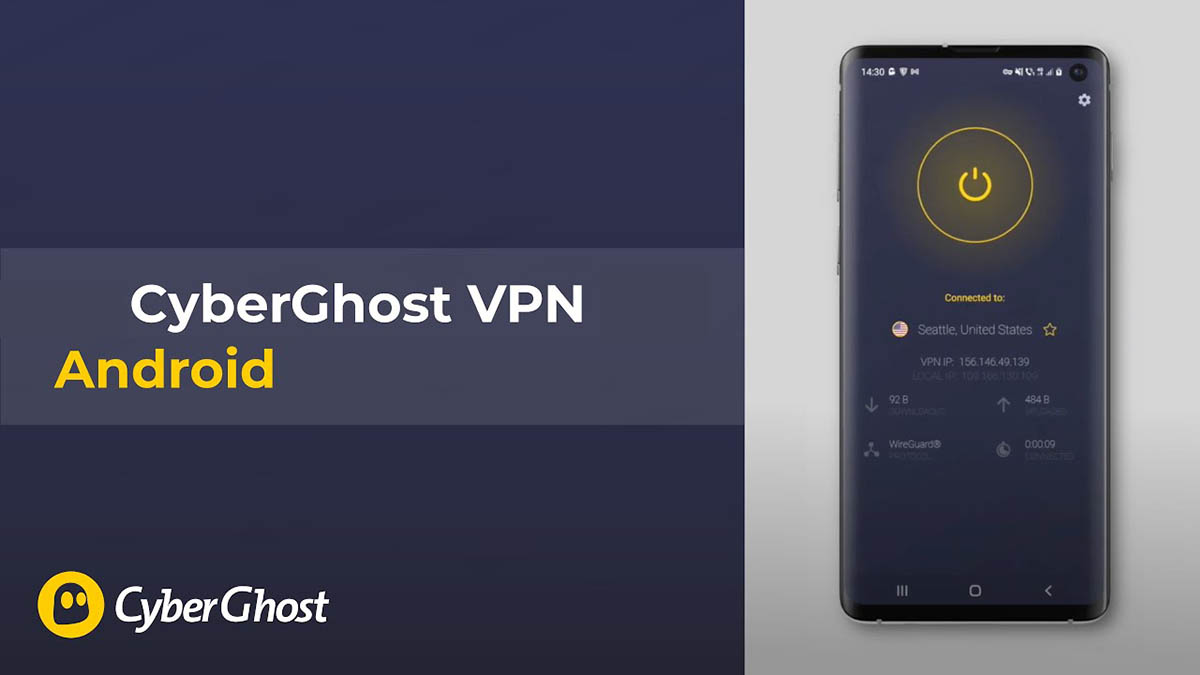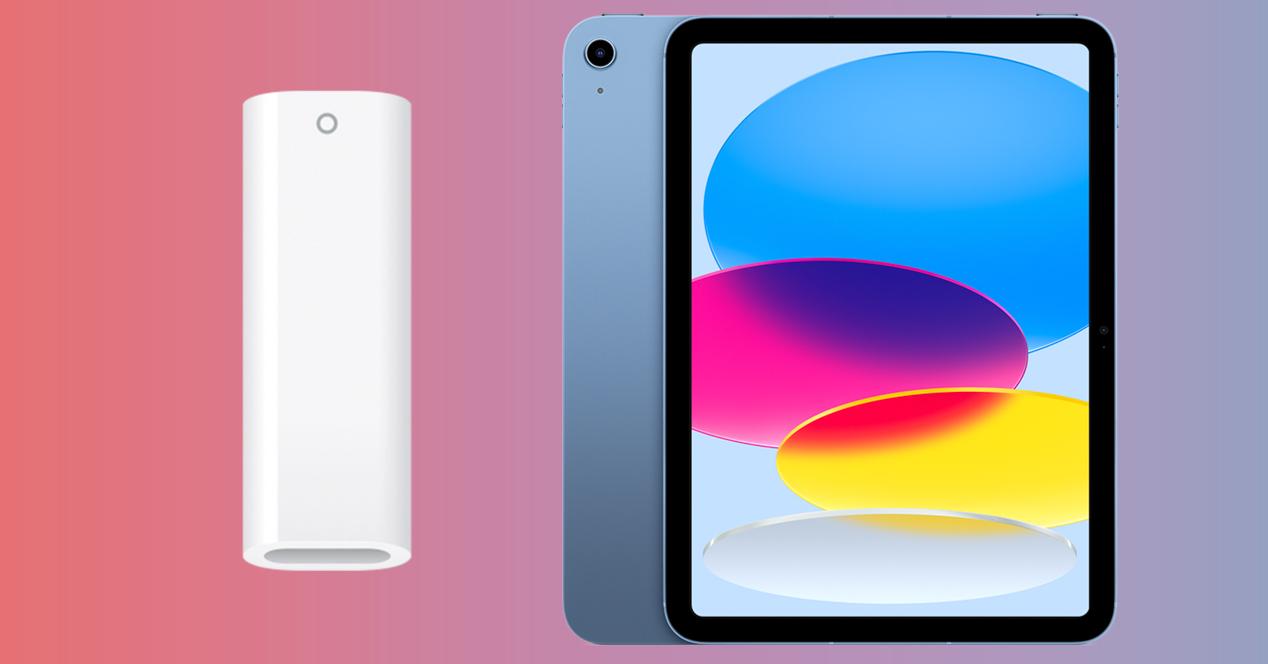
A report published by the Public Interest Research Group (PIRG) of the United States denounces that Google’s practices regarding Chromebooks are hurting both schools and the environmentsince they force customers to have to throw them away after a while to buy new ones.
Chromebooks have a Google-programmed lifetime that, after expiration, leaves consumers with no easy avenues to continue using them with proper maintenance due to missing software updates. However, the US PIRG argues that the search engine giant has set an artificial limit that forces consumers and schools to dispose of Chromebooks after a certain amount of time, after which they begin to exhibit hardware or other failures.
At this point, and seeing the atrocity that occurs with mobiles (mainly Androids), it does not take a lynx to conclude that, based on the PIRG findings, Chromebooks are contributing to the generation of e-waste and forcing the outlay of additional money by applying planned obsolescence policies.
PIRG wants Google to extend the life of Chromebook computers to ten yearsafter which the devices could be recycled, which is not usually the case at the moment, since only a third of the equipment is broken down and recycled, while the rest ends up in landfills as electronic waste.
Another request from the PIRG to Google is working with hardware and equipment manufacturers to design better interchangeable and more compatible hardware. with the purpose of making it last longer and easier to repair. The PIRG is quite clear in saying the following in its report:
“We have a massive stuff problem. We don’t need most of it and far too many are designed to be disposable. We shouldn’t allow planned obsolescence that keeps us buying more all the time. The least we can do, if we’re giving every student in the US a laptop, is to make sure these devices are durable and repairable, not part of a constant rotation.”
“We cannot afford to produce disposable technology at this rate. E-waste accounts for less than two percent of the world’s waste stream by volume, but causes more than 70 percent of the waste stream’s harmful and toxic environmental effects.
For his part, Google has moved to establish the support time of Chromebook equipment in eight years, an amount of time more than enough for an average PC. But while ChromeOS’s eight years of support is more than enough on paper, computers that preinstall it stand out as closed devices much like smartphones and tablets, making it difficult to migrate to another operating system.
ChromeOS, a heretic that breaks the spirit of GNU/Linux
ChromeOS is a Linux operating system and what’s more, it even takes as a base the technologies of what many know as GNU/Linux, which in turn is the base of all the popular distributions (Ubuntu, openSUSE, Fedora, Arch, Debian, Gentoo … ). However, Google has introduced certain things that break the spirit of the original project.
For a start, much of ChromeOS is proprietary. This stems from the fact that ChromiumOS, the original project, is released under a permissive license that allows closed source code in all derivative software. The open source nature of ChromiumOS allows for the creation of other derivatives, which Google has responded to by buying direct rivals.
Another point to note is that GNU/Linux has as one of its flags the fight against planned obsolescence and keeping computers alive as long as possible. Although it is true that this principle has been diluted a bit with the emergence of heavy systems, with Fedora at the forefront, today there are still many projects that fulfill their function when it comes to keeping old equipment alive (which are basically The usual).
As much as Google prolongs the support time, the closed nature of ChromeOS and Chromebooks clashes head-on with some of the principles promulgated through GNU/Linux.




